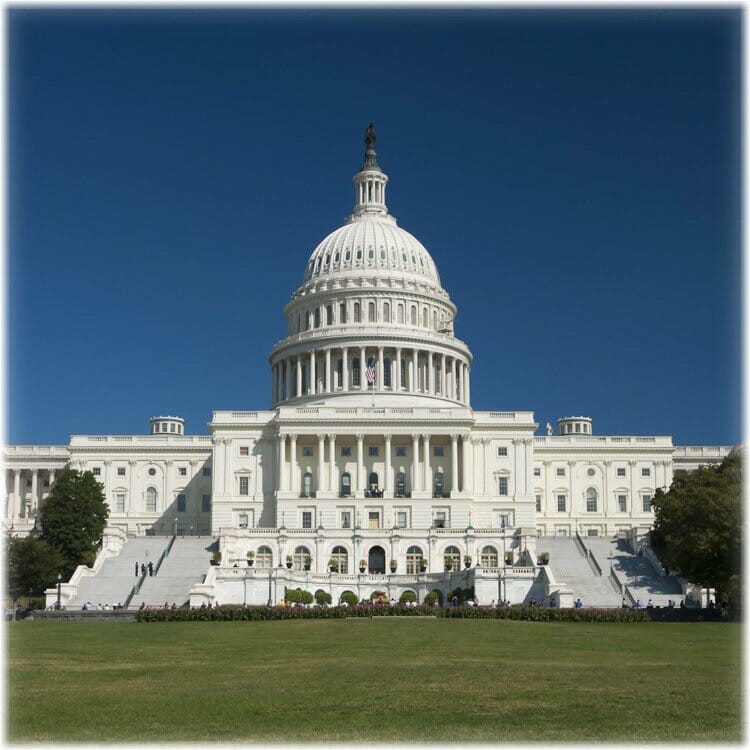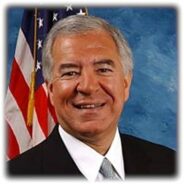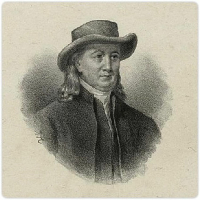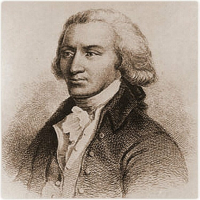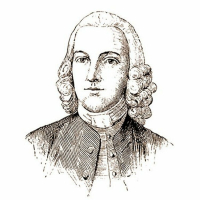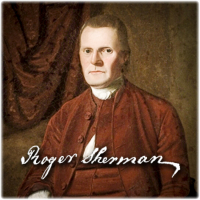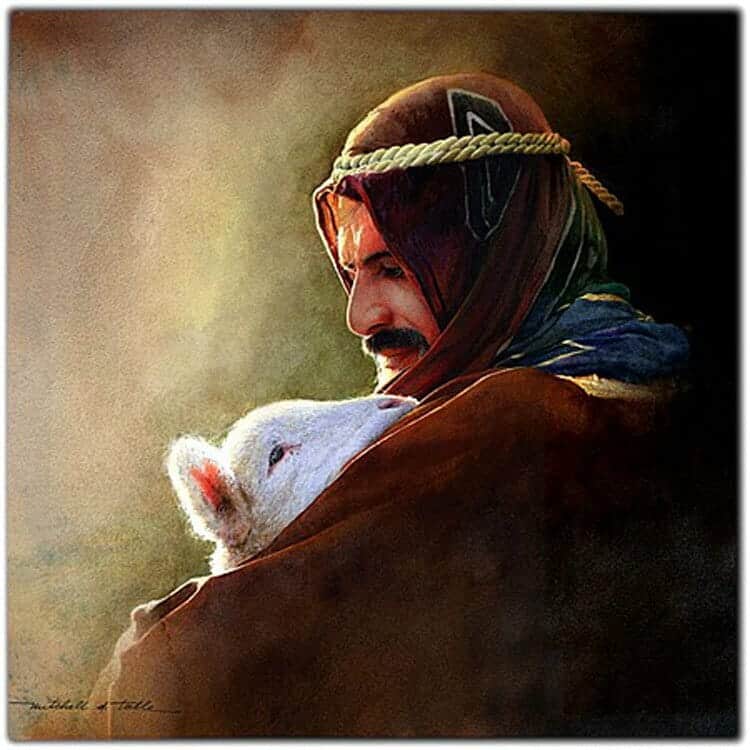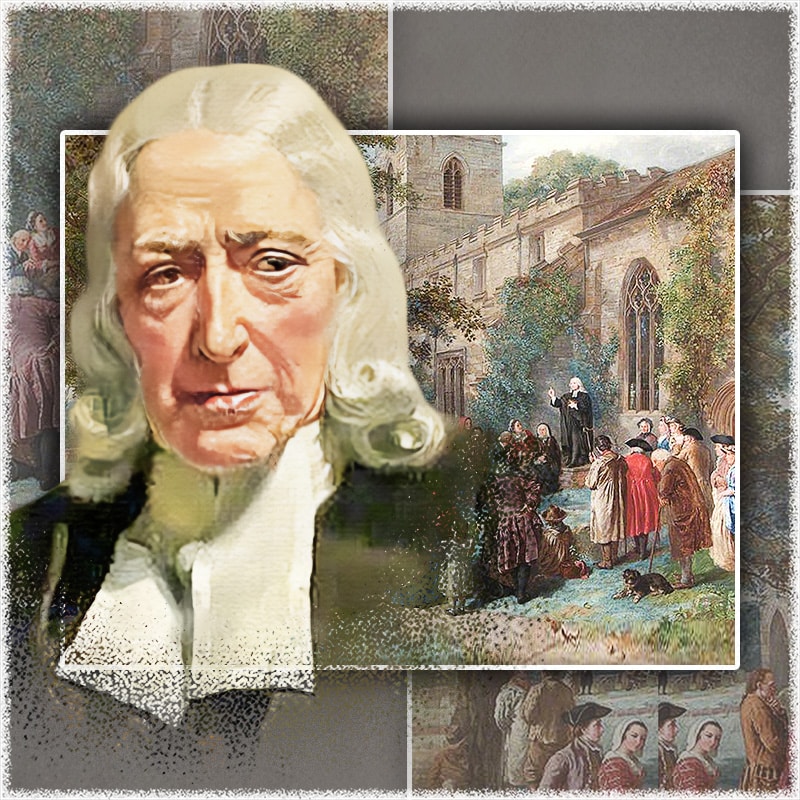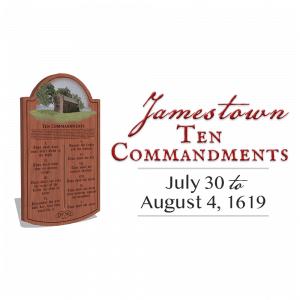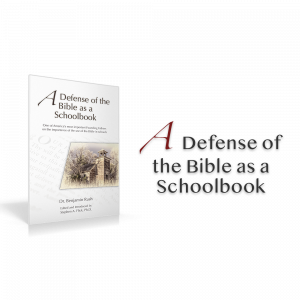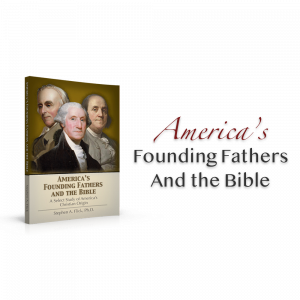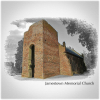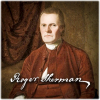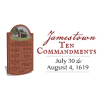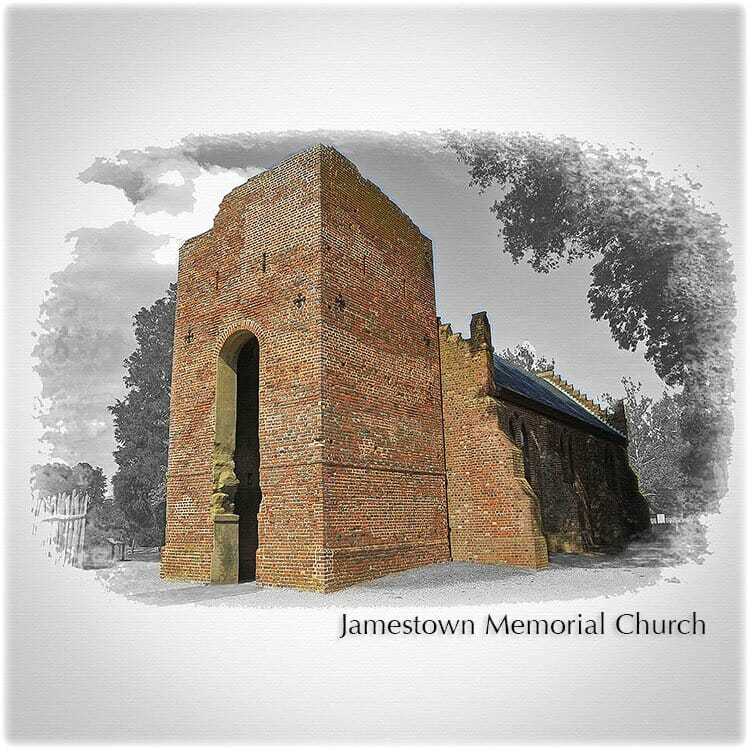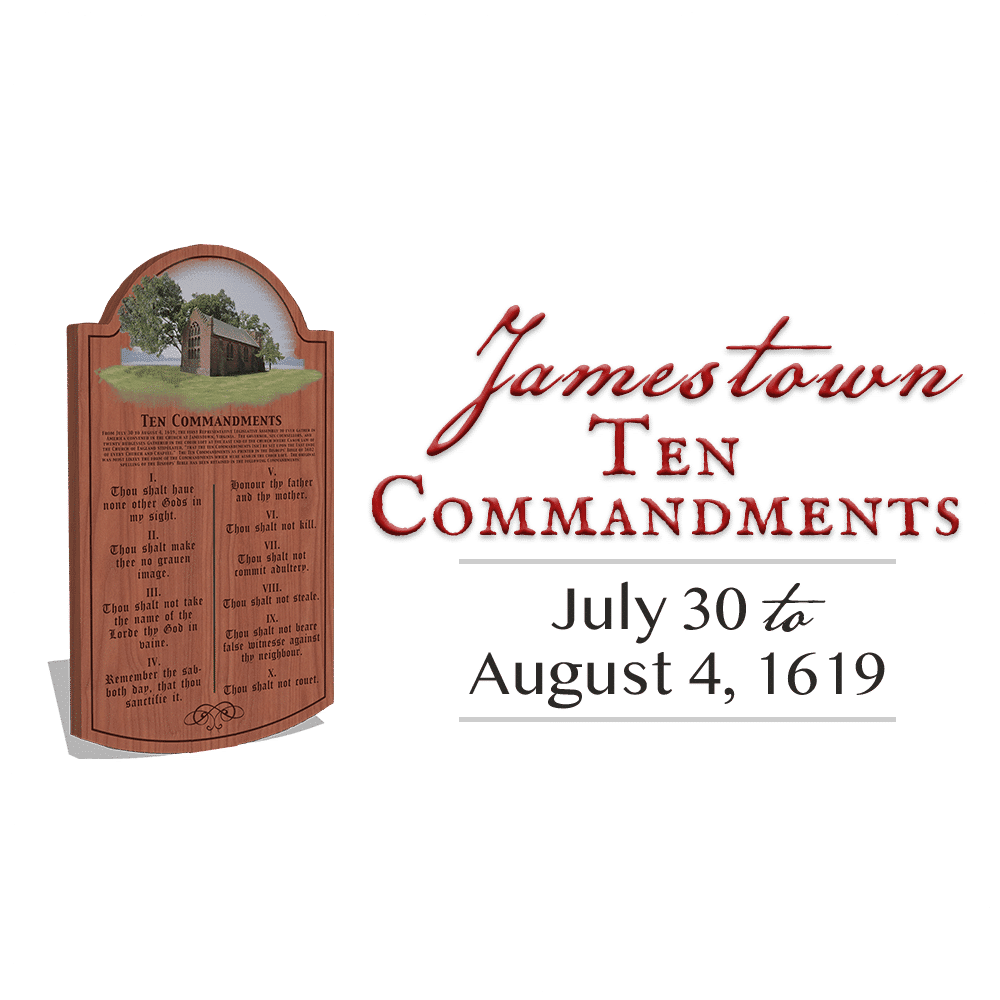In August of 1992, Democratic Representative from West Virginia, Mr. Nick Joe Rahall, placed a request before his colleagues in the House to set aside Thanksgiving week as a time to celebrate the Christian heritage of America. Tragically, Christians throughout America have failed to capitalize on what Congress did in 1992. Denominational leaders have failed to move the interests of Christ forward even on those very rare occasions when Congress hands them a gift such as this. For more than twenty years, this opportunity has lacked wide-scale support from Christians. It is no wonder that liberal main-line denominations have treated it with disdain, but it is inexcusable that Bible-believing denominations have failed to arm their members with the resource necessary to help stem the tide of spiritual and moral decay in our nation. Until Christian leaders begin to focus on the work to which Christ has called them, and not merely their own parochial passions, the Church in America will continue its decline.
Christians must become involved in the opportunity to remind the nation of our Christian heritage. Mr. Bruce Barilla has maintained a website encouraging pastors and the laity to become involved in this effort. Educational, political, and ecclesiastical leaders in every sphere of responsibility should be encouraged to participate. You may find Mr. Barilla at America's Christian Heritage Week and other resources may be found by searching the web with this title. The text of Mr. Rahall's request to the House of Representatives, as recorded in the Congressional Record, is presented below as a means of encouragement to the reader.
To receive your free packet concerning America's Christian Heritage Week, please click the button below...
America's Christian Heritage Week

HON. NICK JOE RAHALL II
in the House of Representatives
TUESDAY, AUGUST 11, 1992
Mr. Speaker, I rise today to introduce a House joint resolution calling for the designation of Thanksgiving week as 'America's Christian Heritage Week.' This year, the proclamation would cover the week of November 22 through November 28. It proclaims that America does, indeed, have a Christian heritage.
Mr. Speaker, one of the first things we, our parents before us, and our children after us, learned in school was that the settlement of America came about because of the desire of oppressed peoples to have the freedom to worship as they please.
At this time in history we as Americans—free men and women—are being called upon to witness emerging democracies struggle with the same potentially politically divisive questions as our Founding Fathers struggled with more than 200 years ago. Questions such as: To what extent should public schools recognize and teach religion? How much should the State regulate a church's charitable activities? Should churches be exempted from general laws? To what extent should church and State be separated?
And while we watch and wait for those emerging democracies to turn from the long-held atheism of communism to true religious freedoms, we find ourselves, with heavy hearts, watching our own Government succumb to pressures to distant itself from God and religion. All because of a simple constitutional prohibition of a State-sponsored church, our own Government and higher court has allowed it to evolve into bans against the simple freedoms as:
First, representation of the Ten Commandments on government buildings;
Second, Christmas manger scenes on public property;
Third, prayer in schools; and
Fourth, prayer at public meetings—including high school graduation ceremonies.
We seem to be bowing to pressure to seek a blind standard of legislative amorality, with a total exclusion of the mention of God in the public square, instead of a national morality based on religious principle of which Washington spoke.
Such a standard of religious exclusion is absolutely and unequivocally counter to the intention of those who designed our Government. It was not, in my view, mere chance that placed the freedom to worship according to individual conscience among the first freedoms specified in the Bill of Rights—freedoms that must flourish together or perish separately.
The Founding Fathers understood this country's religious heritage. But as Samuel Adams said: 'I thank God that I have lived to see my country independent and free. She may long enjoy her independence and freedom if she will. It depends upon her virtue.'
In other words, it depends upon us.
When Abraham Lincoln set apart a day for national prayer and humiliation, he cried out: 'We have grown in numbers, wealth and power as no other nation has ever grown. But we have forgotten God * * *'.
At a time of increasing focus on family values by us as individuals, as political parties, as religious groups, as communities, let us set aside an occasion of celebration to help us make our families truly free by teaching them that God holds us all accountable.
It depends upon all of us whether America long enjoys her independence and freedom—and it depends upon our virtue.
As legislators let us each try never to support legislation that sponsors laws contrary to the laws of God.
The freedom we give thanks for daily, and the freedom we especially celebrate on Thanksgiving Day, is at stake when we can no longer hear a child's prayer in school, or a benediction at a high school students' graduation ceremony.
Let us all be wise and remember the source of our many blessings, and never be timid or apologetic in sharing this knowledge with others.
There is no better place than in this great land of America for people to embrace and declare that our trust is in God, and that we look to His commandments and teachings for values that fortify and give direction to our families.
The resolution I introduce today is like many others we have voted on in this body—in celebration of prayer, of Bible reading, of our trust in God.
We as Members of Congress begin each session in the House Chamber with a prayer, and we follow it by a pledge of allegiance which contains the words, 'one nation, under God, indivisible * * *,' a change brought about at President Eisenhower's bidding, approved by Congress on June 14, 1956. At the time, President Eisenhower said: '* * * in this way we are reaffirming the transcendence of religious faith in America's heritage and future; in this way we shall constantly strengthen those spiritual weapons which forever will be our country's most powerful resource in peace and in war.'
As Members we are deeply familiar with George Washington's Thanksgiving Proclamation, acknowledging the providence of Almighty God.
In October 1982 President Ronald Reagan signed a joint resolution of Congress proclaiming the year 1983 as the 'Year of the Bible.'
More recently, in 1990, President George Bush proclaimed 1990 as 'International Year of Bible Reading.' President Bush issued another proclamation in 1991, calling for a National Day of Prayer on February 3, 1991, to keep our fighting men and women safe as they sought the liberation of Kuwait.
My colleagues, we are not strangers to resolutions recognizing, observing, proclaiming this Government's belief in and reliance upon the Almighty God, and the power of prayer, to strengthen us and guide us as a nation in all that we do here and throughout the world.
I invite each of you to cosponsor the joint resolution I have introduced today, proclaiming the week of November 22 through November 28, 1992 as 'America's Christian Heritage Week.' I pray that it will be given the support and co-sponsorship it deserves and that it will become law in time for our prayerful observances, each in our own ways, at Thanksgiving time this year.[1]
To receive your free packet concerning America's Christian Heritage Week, please click the button below...
Related Articles
[1] Congressional Record 102nd Congress (1991-1992), September 8, 2012, http://rs9.loc.gov/cgi-bin/query/z?r102:E12AU2-158:

